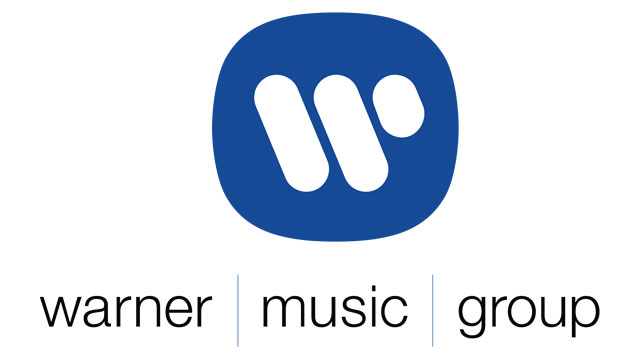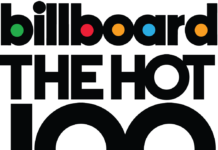Warner Music Group, the record label behind the likes of Wiz Khalifa, Skrillex, and Ed Sheeran, is bad at making money. Actually, “bad” doesn’t even come close to describing it. They’re frightfully atrocious at making money.
Last year, Warner Music took a $308 million loss, according to SEC filings. A drop in the bucket compared to the shocking $10.1 billion in losses they’ve racked up since 2002. But there may still be hope for the world’s least financially successful major record label.
It’s widely accepted that streaming is how most music will be consumed in the coming years. I’m listening to Spotify as I write this article, and chances are you’re listening to a music streaming service as you read it. However, there’s still some uncertainty about how the economics of such a system will out work for artists and record labels in the future.
During their earnings call yesterday Warner Music gave us a glimpse into that future, revealing that their income from streaming music has surpassed revenue from music downloads for the first time.
Streaming revenues for the label, paid by companies like Spotify and YouTube, grew by $25 million while income from digital downloads fell by $22 million.
“In this quarter we saw continued growth in streaming revenue which surpassed download revenue for the first time in the history of our recorded music business,” WMG’s CEO Stephen Cooper said during the call.
While some indie labels saw this happen for the first time 12-24 months ago, this is the first milestone of this kind for a major label like WMG and it seems that, at least so far, they’re satisfied with streaming’s role in their revenue mix, particularly as they posted a net profit of $19m in the last quarter.
“The rate of this growth has made it abundantly clear that in years to come, streaming will be the way that most people enjoy music,” Cooper said in a statement. “We’ll continue to collaborate with our streaming partners to expand their businesses, and more importantly, to ensure that copyright owners, artists and songwriters receive appropriate value for their work.”
This news closely follows reports that big record labels, including Warner Music, are pressuring Spotify to limit their free music offering and concentrate more on paid subscriptions. However, Cooper offered some support of the ‘freemium’ model employed by services like Spotify, saying:
There are a lot of models out there, and all of those models – ad-based, subscription-based, or both – are better than piracy. You know to be crystal clear, piracy is zero revenue, it’s the theft of intellectual property, and it’s not good for anyone. So all of these models are better than piracy…
With respect to going to a strictly subscription world, I think that you can find evidence that when music is not generally available, that people will seek out sites on the internet that in fact will offer up that music for no charges, and in many instances, with no economic model, where income flows to the content owners, the artists, or the writers.
So I think that before people conclude that freemium should be burnt at the stake, we should think very carefully about the consequences.
So your free Spotify subscription is safe, for now…







